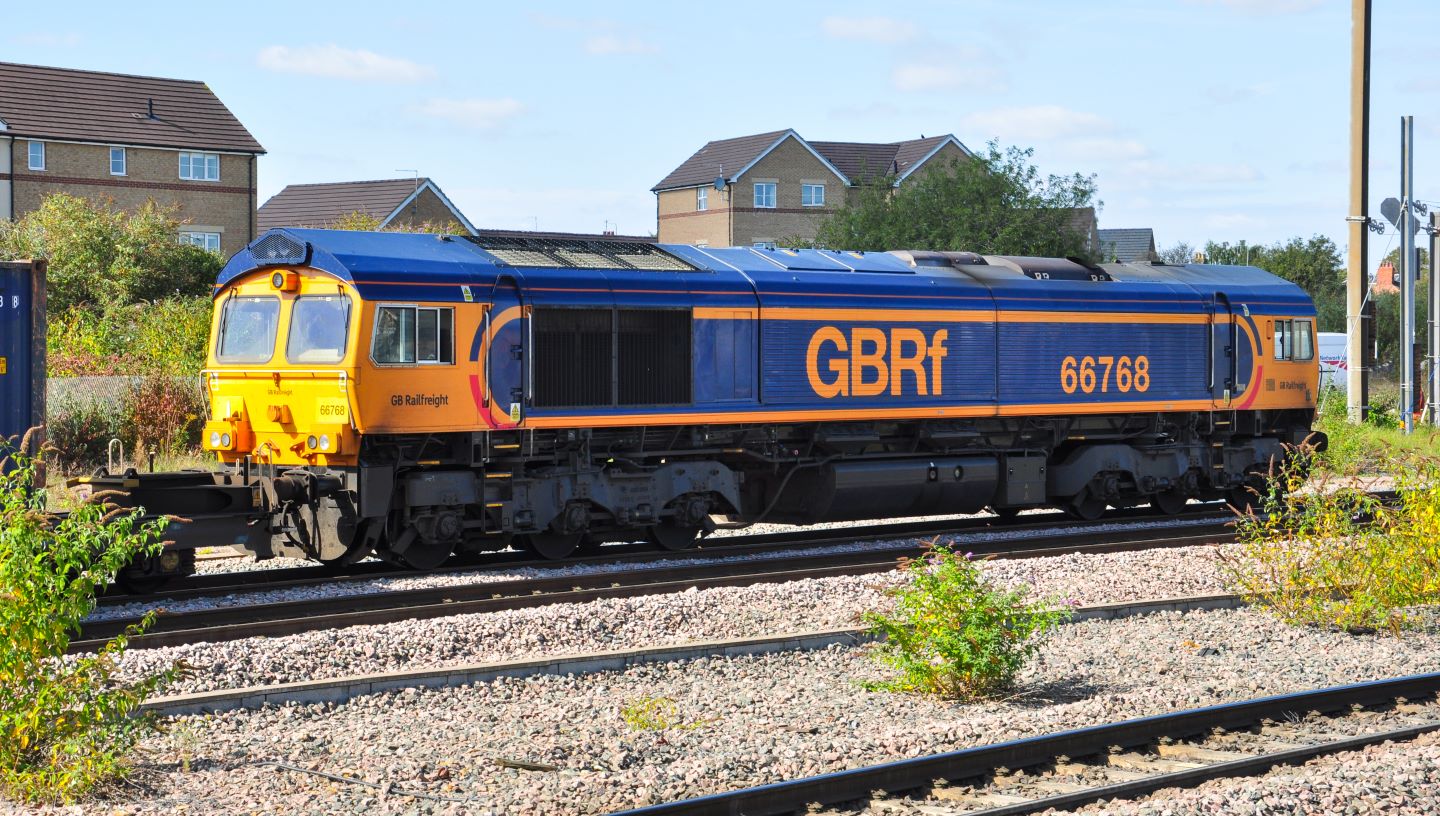
UK-based rail freight company GB Railfreight (GBRf) has announced the opening of its “state-of-the-art” £5.75m maintenance hub, which is set to transform the movement of cargo.
The facility is set to be fully powered by electricity and has been designed to support electric shunt engines and forklifts, which in turn will reduce carbon emissions.
The hub is located along the East Coast mainline, which spans over 300km and is expected to run roughly 80 intermodal services per day by 2025.
It will provide major safety and reliability enhancements, allowing existing and future customers to transport a broader range of commodities by rail.
GBRf CEO John Smith emphasised how this will enable customers to decarbonise their supply chains: “Today’s announcement demonstrates our commitment to continued investment and innovation in the rail network. The role of the private sector cannot be understated as a tool to help Britain drive jobs and growth in its regional economies and achieve its net zero targets.
“We are excited for the role we get to play in this important journey as we meet the demands of customers looking to decarbonise their supply chains.”
According to GBRf, the hub will be a strategic enabler that delivers a “step-change” in maintenance for the rail freight business by analysing four wagons every shift.
The company stated that as new smart technology emerges, the hub will serve as a testbed to uncover creative solutions and enhance innovation.
UK Transport Minister Mark Harper said: “This impressive new maintenance hub demonstrates the important role private sector investment plays in modernising the rail freight industry and helping grow the economy.
“Rail is one of the most environmentally friendly ways of moving goods across the country; this new facility will help deliver clean, safe and secure freight journeys while creating jobs in Peterborough and boosting the city’s economy.”
According to GBRf, an average freight train emits 74% less CO₂ than road traffic for each tonne of goods delivered, aligning with the company’s sustainability aim of attaining net zero by 2050.
The freight company maintains its stance across the UK as it currently operates over 2,000 trainloads a week, moving 22% of Britain’s overall rail freight.




